How to define boutique coffee? What's the difference between boutique coffee and individual coffee?
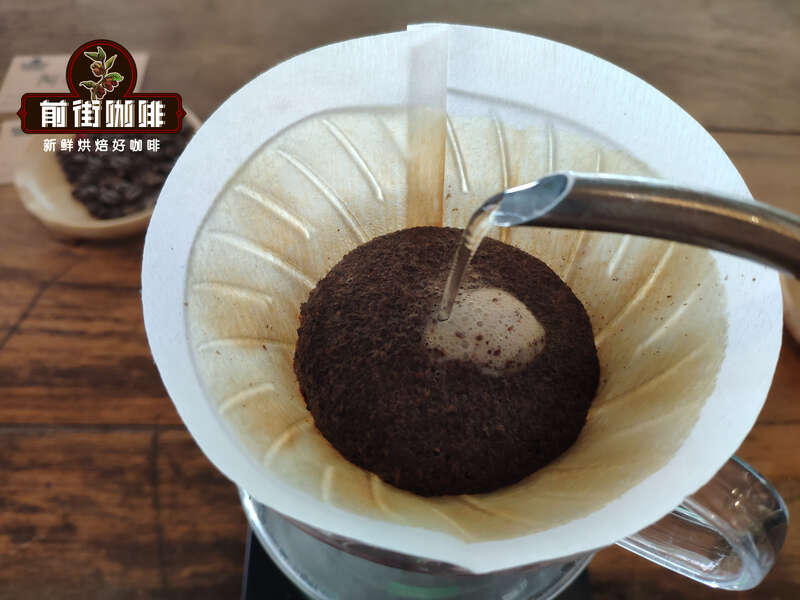
In 1974, Erna Knutsen first used the word "professional" to refer to coffee in the Tea and Coffee Magazine. She uses this word to describe coffee with high quality and unique flavor produced in a microclimate.
Nowadays, however, the word "professional" is everywhere in the industry. It was mercilessly used in packaging and signage and thrown away by baristas and bakers.
Not only has the definition of the word changed in the past 45 years since it became universal, but the words "third wave", "independent" and "gourmet" are often interchanged with "professional". This will only make things more confusing.
To understand this definition and to learn more about why the term needs to be redefined, we talked to several professionals in the coffee supply chain. Keep reading to get their opinions.
What is boutique coffee?
The definition of "professional coffee" is actually very simple. According to the Coffee Quality Institute website, coffee is "professional" when certified coffee tasters, such as Q-graders, score 80 or more on a SCA 100 rating.
Coffee from 90 to 100 is "outstanding", coffee between 85 and 89.99 is "excellent", and coffee from 80 to 84.99 is "very good". Coffee with a score below 80 is considered commodity-grade, not super-grade.
SCA also provides a second set of more detailed physical requirements, pointing out that specialty coffee must have:
No more than five complete defects in 300 grams of coffee
No major defects
Screen size up to 5%
Has at least one unique attribute in terms of body, flavor, aroma, or acidity
Free from shortcomings or blemishes.
There's no rupture.
Moisture content is between 9% and 13%.
How does the definition of professional coffee change?
Therefore, if coffee has a score of more than 80 on a 100-point scale and meets these criteria, it is, by definition, special. However, although both the SCA cup scale and the physical grading system provide an objective definition (with different levels of detail), the definition of what is fine coffee or its meaning seems to have changed.
Today, the word "professional" is often synonymous with the word "craftsman" and is often associated with concepts such as transparency, traceability and direct trade. Some people can also use it interchangeably with the concept of the third wave of coffee-unlike professionals, there is no objective definition of the third wave of coffee. Today, boutique coffee has evolved from an objective definition to covering the ideal of catering to the "boutique coffee community".
Yannis Apostolopoulos is the CEO and executive director of SCA. "[boutique coffee] is a sport where people can have the same value in the coffee industry," he said. For consumers, this is the experience of enjoying an espresso. "
According to the SCA website, "specialty coffee can only appear when all participants in the coffee value chain coordinate their work and focus on standard and excellent quality from beginning to end."
Iordanis Iosifidis is the managing director of Kafea Terra, a roaster in Greece. He says the word "professional" is also used to refer to other factors that focus on the "experience" of coffee.
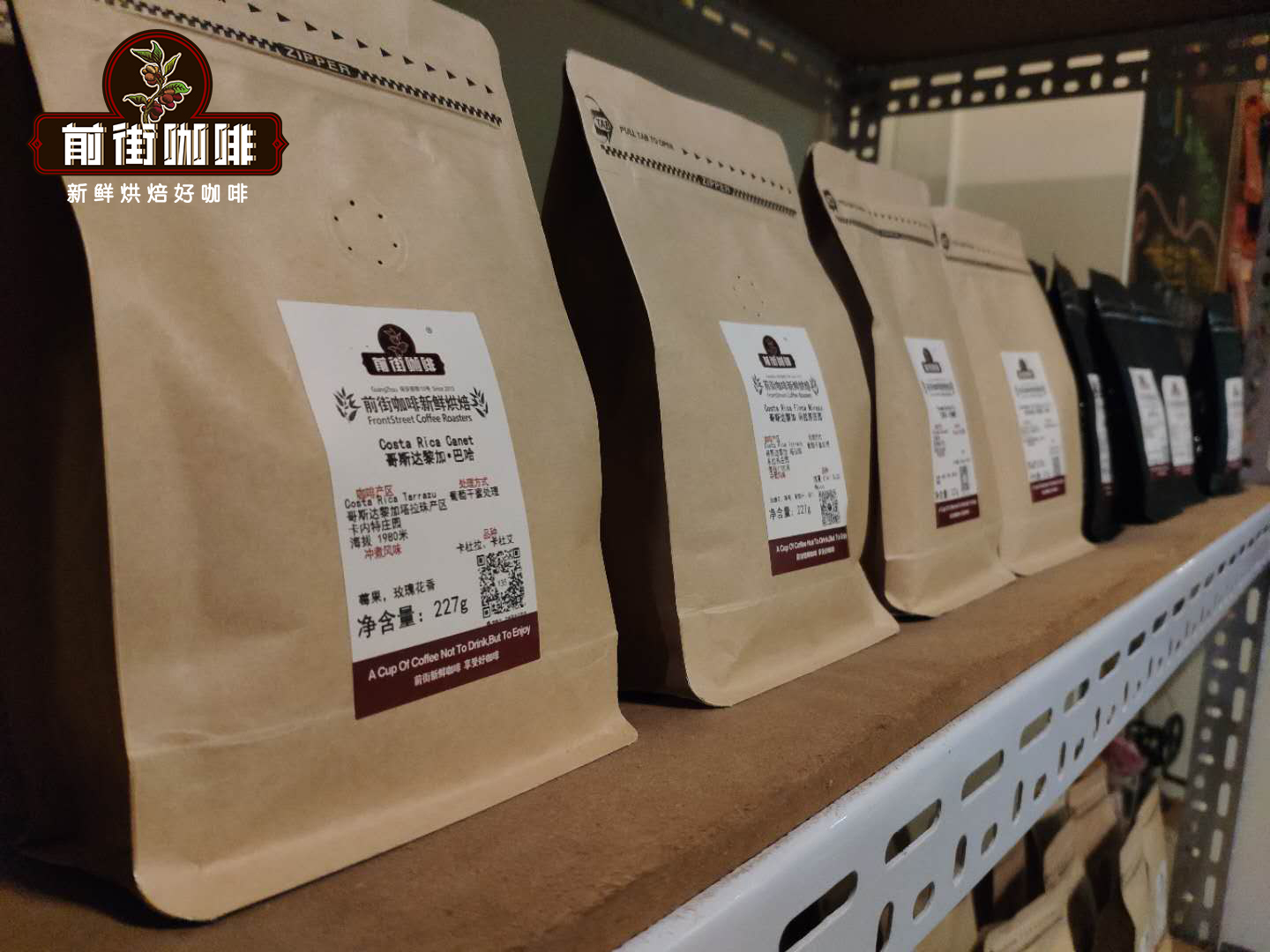
"[these contents include] the skills of baristas, the preparation methods used and the quality of professional coffee equipment," he said. All of these are crucial to the final result of the cup. "
Keremba Brian Warioba is a coffee producer and founder of Communal Shamba Coffee in the highlands of southern Tanzania. "grading is a good way to ensure that quality is measured and maintained by professional standards," he told me. " "but throughout the value chain, it can further promote social influence and change, not just coffee."
This has led to one of the main discussions in the boutique coffee industry, which is the theme of sustainability.
Iordanis explains: "over the past decade, professions have been (in particular) associated with sustainability challenges, including the effects of climate change, the price crisis and measures taken to support the overall lives and stability of coffee producers. "
Currently defined challenges
Although the word "professional" is used, it is often defined by the wave of coffee. The first wave marked the emergence of mass-produced, general-purpose commercial coffee. For example, you can find brands of household instant coffee in the supermarket. The second wave of coffee appeared in the 20th century and was popular with chains such as Starbucks, with a focus on drinks based on espresso.
However, the third wave of coffee abandoned the idea of commercialization to pay a price premium for high-quality coffee and recognized the problems of coffee as a simple commodity.
It focuses on the experience of drinking coffee and has a new evaluation of quality. It also gives priority to transparency and traceability throughout the supply chain, usually to seek the efforts of producers.
Many people regard the ideal of "boutique coffee" as synonymous with the third wave of coffee. However, specialty coffee can be objectively defined by using standards such as those developed by SCA.
However, today, we have two very different definitions of the word "professional": one is ideal, the other refers to the scoring system.
This is a problem. The more we add to the definition of professional, the more coffee can be marked as professional. Therefore, if we deviate from the agreed criteria and start using the "third wave" as a synonym for "professional", we will lose our objectivity.
Keremba added that the word "professional" mainly adds value on the consumer side of the supply chain. This means that producers who grow special-grade coffee according to the scoring system will eventually be out of touch with roasters, baristas and consumers, who agree to a second definition of "particularity".
Coffee producers may make unremitting efforts to produce premium coffee according to the grading system. However, if buyers, roasters and consumers work completely according to different definitions, it will lead to a gap in understanding.
"[these phrases] are sometimes used as marketing terms and don't translate into reality at the farm level," Keremba explains. "the boutique coffee value chain needs to improve its information sharing standards, exchange better factual information, and establish the dignity of partners in the broader value chain."
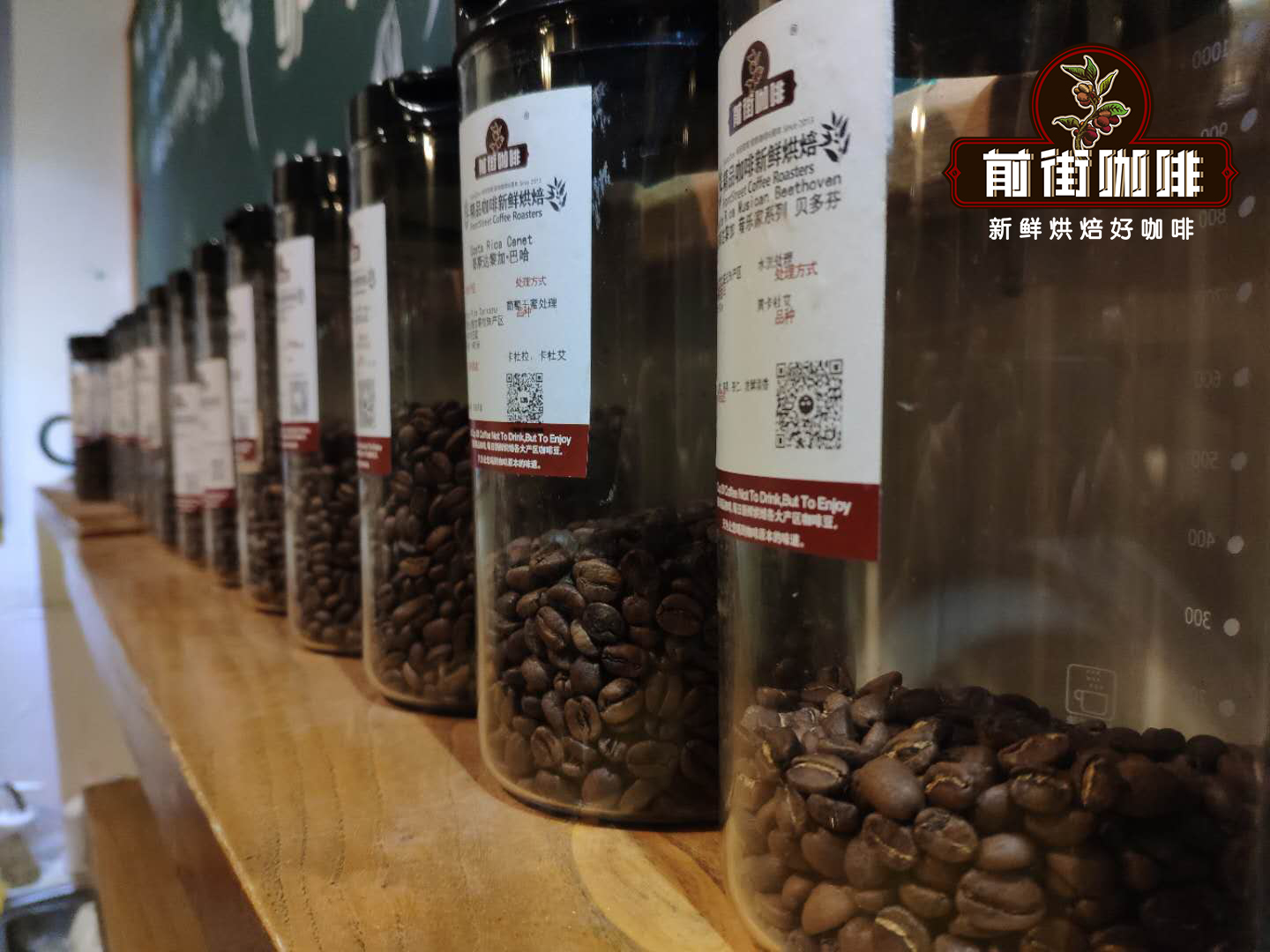
How should the definition be changed?
"it's a very complex topic," Iordanis said. "it needs to be solved by a wide range of coffee professionals. The most important thing is to have a common interpretation of the term, and we need to work towards this goal.
The SCA form and the system developed by the Coffee quality Research Institute are considered to be appropriate "tools" for evaluating raw coffee globally, but [there is always room for improvement.]
Samuel Demisse is the owner of Keffa Coffee, Maryland. He told me that the definition was not comprehensive enough. "I don't think this word has much impact on the livelihood of farmers," he said. " "what's different for farmers is that [people] go out to meet when they feel like they're going through what they're going through in making coffee."
For Yannis, past standards suggest that the industry will naturally adapt. "the World baristas Championship has created standards that influence and change the way espresso equipment is manufactured today, leading to innovations in energy management and precision," he said. " "I believe we now have the opportunity to influence the [specialty coffee] industry to make it more sustainable and fair."
"We are seeing more cooperation in this area, such as the establishment of an inclusive community between coffee authorities in producing countries and SCA, but it is also important to create a platform for sharing information," said Keremba. "this can be achieved by establishing SCA chapters in producing countries and providing affordable membership for cooperatives and farmers."
The reality is that the word "boutique" is widely known throughout the coffee industry today. It has been suggested that special coffee can be used as a label for coffee with a score of only 85 points. So while these will be more "special", is it fair to producers who invest in coffee with a score above 80 but below 85 and expect the resulting premium?
Similarly, this could pose a huge problem for large roasters and coffee chains that build brands with the word "professional", which can only lead to the full adoption of a new definition in the industry. They may then be rejected as specialties by consumers, forcing former specialty coffee companies to eventually be redefined as commercial brands.
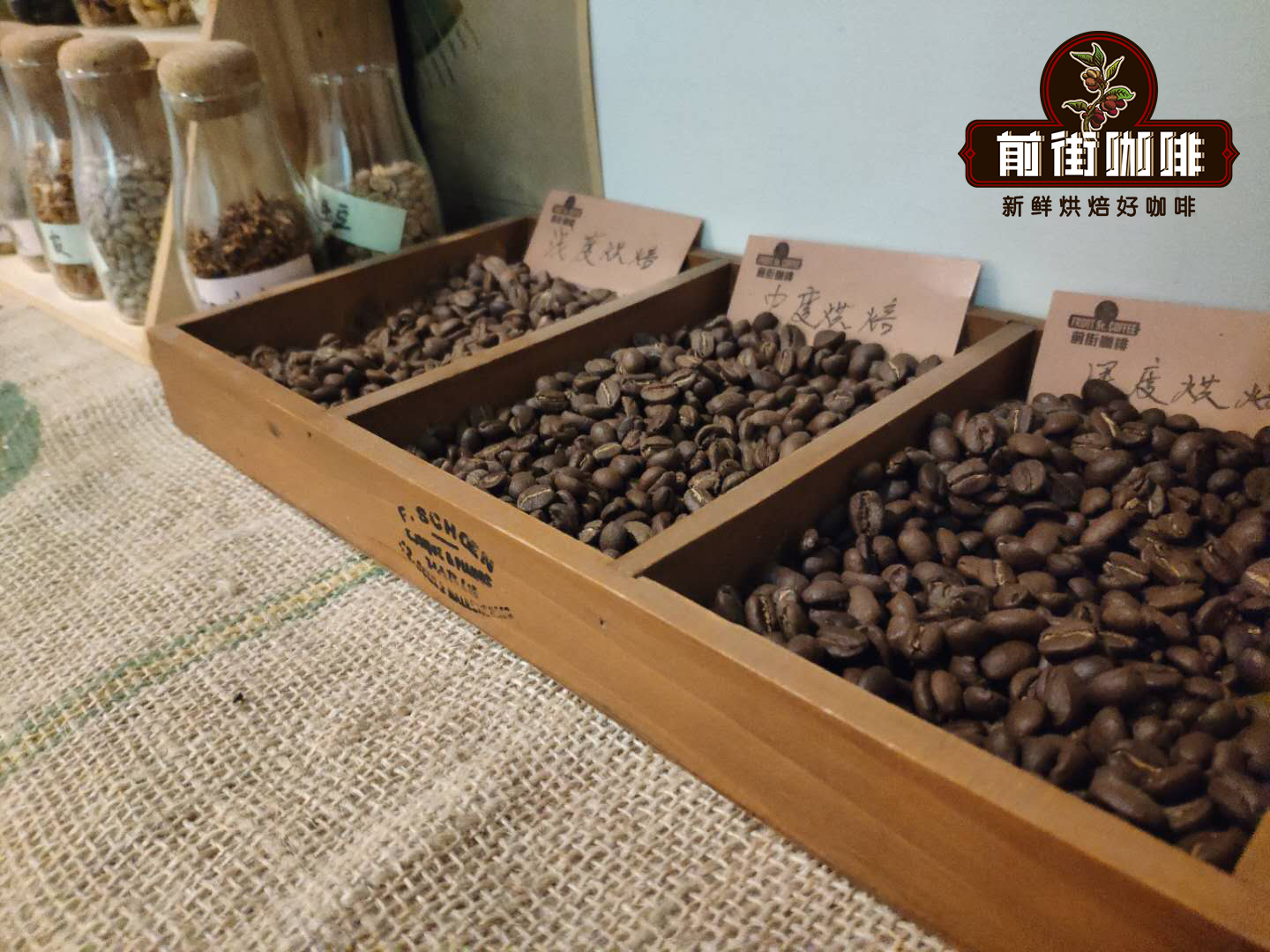
Elitism is also a problem. Even a coffee chain and an independent coffee shop may use coffee of 80 points or more (and therefore a specialty), but the difference in definition may mean that one person thinks he or she is "more professional" than the other.
Finally, there is an argument that we need to redefine the word "professional" rather than redefine it. This is because, for example, given the income gap between producers of 80-and 90-rated coffee, there is actually a large "gap" between the lower and upper ends of specialty coffee.
Professional, third wave, independent or chain coffee is constantly changing and developing. We must open up changes by constantly adapting to our understanding of the meaning of certain terms.
When Erna Knutsen first coined the word "professional" 45 years ago, she was unlikely to know how it would develop over the next few decades. Today, despite the objective definition, it is often used interchangeably with many of the industry buzzwords that coffee professionals use every day.
In order to truly become an industry, we need to uncover, develop and clarify the meaning of what we mean by "professional". In this way, we will improve the cohesion of all aspects of the coffee supply chain, from seeds to cups, and improve our understanding of the participants.
Important Notice :
前街咖啡 FrontStreet Coffee has moved to new addredd:
FrontStreet Coffee Address: 315,Donghua East Road,GuangZhou
Tel:020 38364473
- Prev
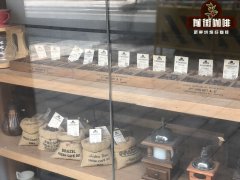
2020 Ethiopia COE#22 Sidamo Alsi Sun Iron pickup Coffee Bean Flavor
Professional coffee knowledge exchange more coffee bean information please follow the coffee workshop (Wechat official account cafe_style) Ethiopia's COE (Cup of Excellent) Excellence Cup has always been a high-profile event in the coffee circle. A total of 28 beans stood out in the 2020 Ethiopia COE Competition, with a score of more than 87 points. Among them, the three beans with a score of more than 90 are from Xida.
- Next
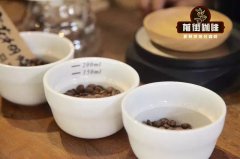
How does coffee roasting affect the alcohol thickness of coffee how should coffee beans be roasted
A friend of mine talked with me all day about the taste and mellow thickness of coffee. In his eyes, everyone who drinks coffee can easily tell whether the coffee is mellow or not. I disagree with this. As practitioners of the boutique coffee industry, we always want to lead consumers to taste aromas and tastes that they do not know. As far as we are concerned, to distinguish the subtle citrus aroma of coffee, a specific product.
Related
- Beginners will see the "Coffee pull flower" guide!
- What is the difference between ice blog purified milk and ordinary milk coffee?
- Why is the Philippines the largest producer of crops in Liberia?
- For coffee extraction, should the fine powder be retained?
- How does extracted espresso fill pressed powder? How much strength does it take to press the powder?
- How to make jasmine cold extract coffee? Is the jasmine + latte good?
- Will this little toy really make the coffee taste better? How does Lily Drip affect coffee extraction?
- Will the action of slapping the filter cup also affect coffee extraction?
- What's the difference between powder-to-water ratio and powder-to-liquid ratio?
- What is the Ethiopian local species? What does it have to do with Heirloom native species?

